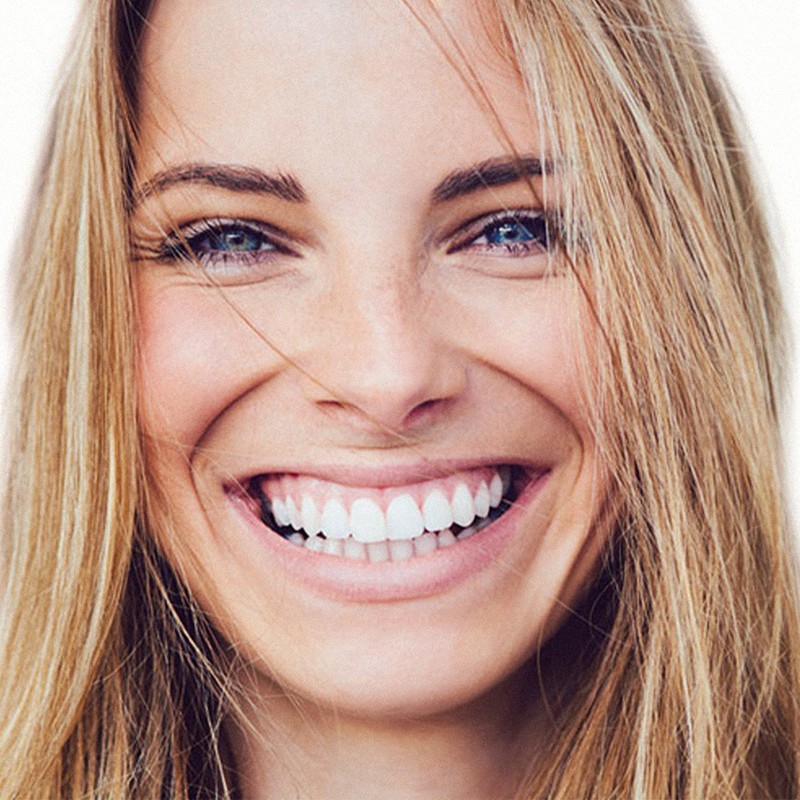At-Home Dental Hygiene Tips From The Experts
First – what’s the minimum you should be doing at home to maintain oral hygiene while dentists are closed?
“Use this time to practice positive oral hygiene habits and cultivate new daily habits which include brushing twice a day, using a fluoride toothpaste and not rinsing after brushing. It’s also a good time to swot up on your brushing technique – many people aren’t aware there are different techniques depending on if you’re using a manual, electric or sonic toothbrush. For example, if you’re using an electric toothbrush, it’s important to not ‘brush’ your teeth but let the toothbrush do the work for you. You should also place the brush head at a 45-degree angle towards the tooth and gum margin – this is often where bacteria accumulates. Finally, you should hold your toothbrush for five to ten seconds on each tooth, remembering changing the angle is important.” – Theodora Little, consultant hygienist for CURAPROX
Is two minutes enough when it comes to brushing?
“Not necessarily – many of us don’t brush for long enough. The general guidelines state two minutes is adequate but for many people three to four minutes may be better. Try setting a timer for two minutes, and split your mouth into four sections, brushing each section for 30 seconds. When the time’s up, run your tongue around your teeth and if you still feel a slight ‘roughness’ or ‘furriness’ then it may mean you need to adapt your technique or brush for another minute or so.” – Theodora
If you don’t use an electric toothbrush, is now the time to invest in one?
“Electric toothbrushes are scientifically proven to be much more efficient at removing plaque and provide a deep clean without being abrasive on the teeth. With a manual toothbrush it can be easy to place too much pressure on the teeth causing recession. I recommend the Philips Sonicare – it’s the dream. There are different modes to allow you to clean according to your needs, such as gum health, tongue cleaning and stain removal. It also alerts you when too much pressure is applied.” – Dr Rhona Eskander, owner of the Chelsea Dental Clinic
Is it worth using mouthwash at the moment to keep the mouth extra clean?
“No – mouthwash is not a substitute for proper cleaning. It can be used as an adjunct to brushing your teeth and certainly can be used to freshen up the mouth in between meals. However, alcohol based mouthwashes can be irritating to soft tissues so are best avoided. I tell my patients that using mouthwash is a bit like using deodorant and not taking a shower.” – Rhona
What about flossing and interdental cleaning?
“Interdental cleaning is the least adopted oral habit as it can take a little more time, especially when starting out. But taking the time even once a day to install this habit can improve your oral health in a huge way, especially in between dentist appointments. Just be sure to use the right size interdental brush for your teeth – CURAPROX has a good range. ” – Theodora
“I’m a huge fan of air flossers – they’re great for dislodging food particles using a combination of air and water. But regular floss is still hugely effective, as long as you get the technique right. Take 12 to 18 inches (30 to 45cm) of floss or dental tape and grasp it so you have a couple of inches of taut floss between your fingers; slip the floss between the teeth as far as it'll go and floss with eight to ten strokes, up and down between each tooth.” – Rhona
If you’re snacking more throughout the day while at home, how can you make sure your teeth are protected?
“Frequency is worse than amount. If you’re constantly snacking your mouth enters a state of acidity, which tips the pH balance in your saliva. Try to stick to eating at mealtimes and if you do snack, choose non-acidic foods like carrots and hummus or dairy-based products such as cheese, which help neutralise acids in the mouth. Chewing sugar free gum can also help, and remember to drink plenty of water, too.” Rhona
If you’ve had your teeth whitened, how can you keep this up at home without a hygienist?
“Steer clear of abrasive toothpastes, including toothpastes which claim to whiten. They can scrub enamel away and expose underlying dentine, which is yellow and more sensitive. Using a whitening toothpaste can cause long-term damage and make your teeth look yellower. For gentle stain removal I recommend PÄRLA toothpaste tablets, air flossers and electric toothbrushes designed to lift stains.” – Rhona
If you have had COVID-19, should you change your toothbrush?
“Viruses and bacteria can thrive in warm, moist bristles, so I always recommend patients change their toothbrush after suffering from a cold or flu. Likewise, if you have experienced COVID symptoms, I suggest a new brush head for your electric brush or using a new manual one. Always make sure your hands are super clean before flossing, using interdental brushes or removing Invisalign aligners.” – Rhona
If you’re prone to sore wisdom teeth, is there anything you can do at home?
“You ideally need to see a dentist to investigate the cause of the pain, but if you can’t, use a hot, salty mouthwash and take painkillers such as paracetamol. Also remember that cleanliness is key when it comes to the wisdom teeth – use a single tufted toothbrush to clean the gums around the wisdom teeth, which can easily get inflamed from food particles.” – Rhona
What are your top tips for dealing with sensitive teeth?
“Firstly, avoid abrasive whitening toothpastes. Instead, try Sensodyne Rapid Relief Toothpaste, which can be used on any sensitive areas – it can be dabbed directly onto the affected area. Also avoid acidic and overly sweet foods, which can trigger sensitivity, and avoid hard-bristled toothbrushes. Ideally, use an electric toothbrush and don’t press too hard.” – Rhona
Shop the expert’s edit here…
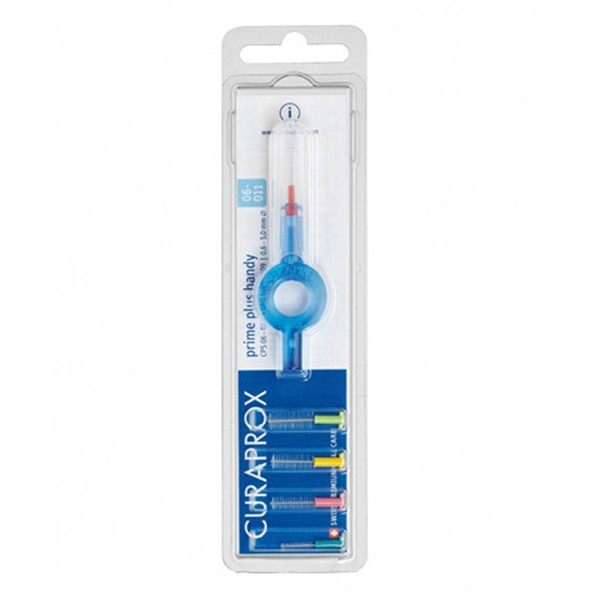
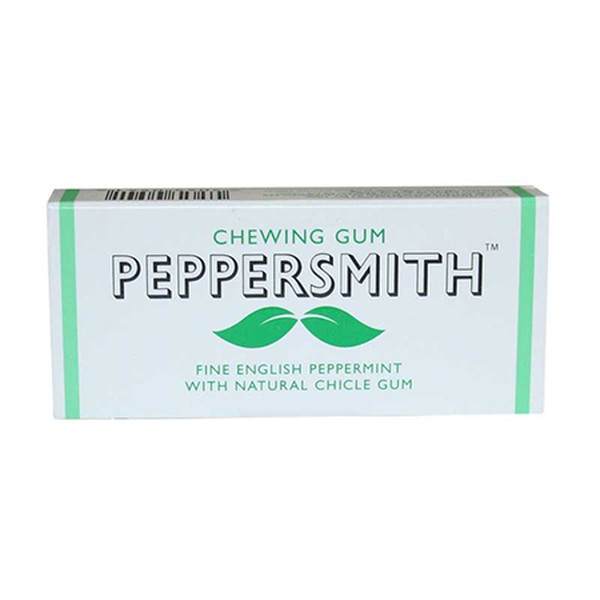
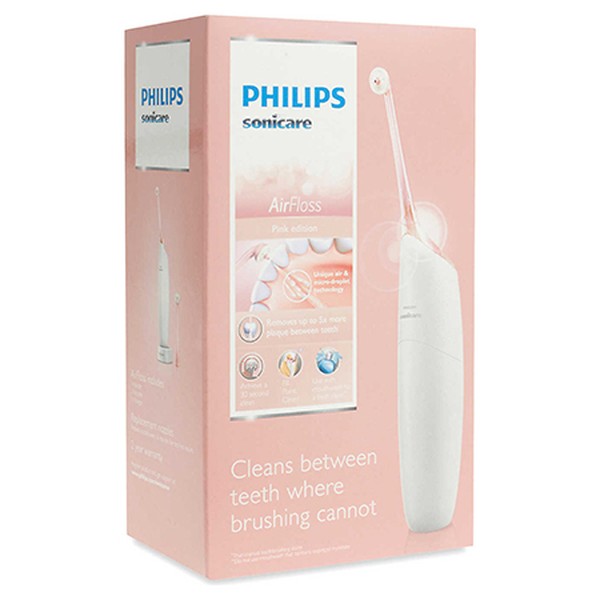
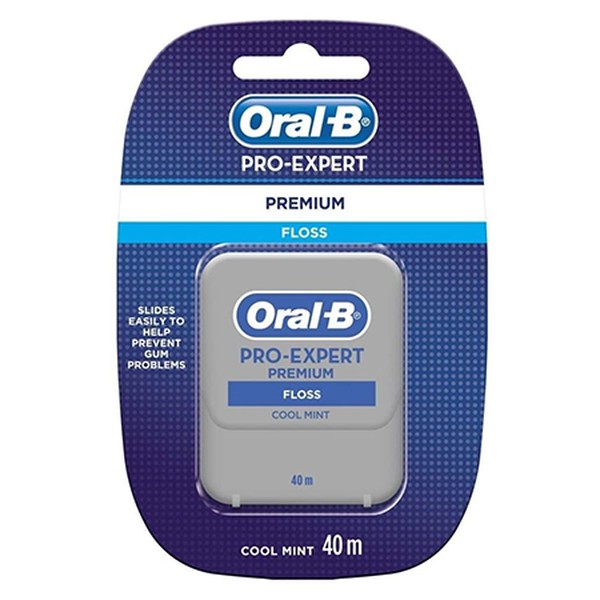
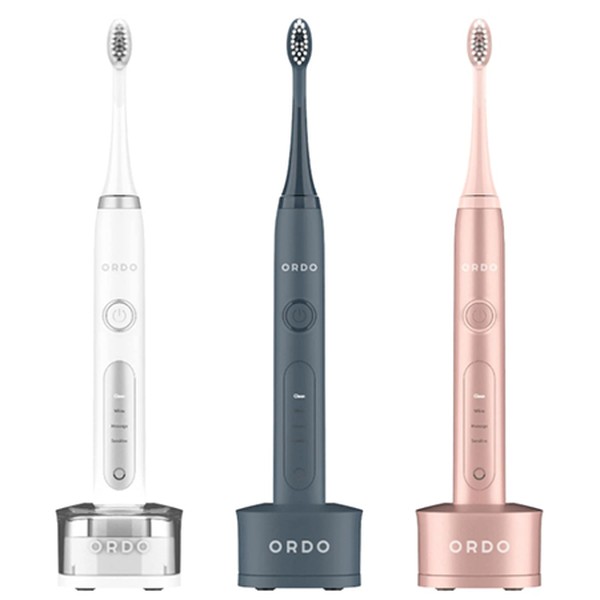
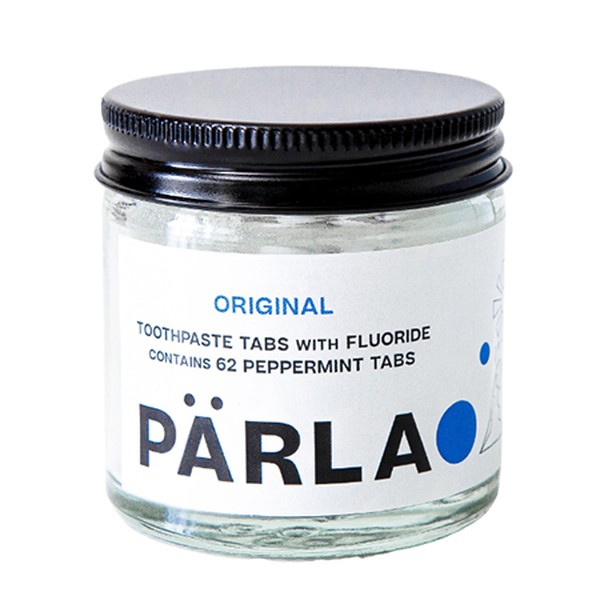
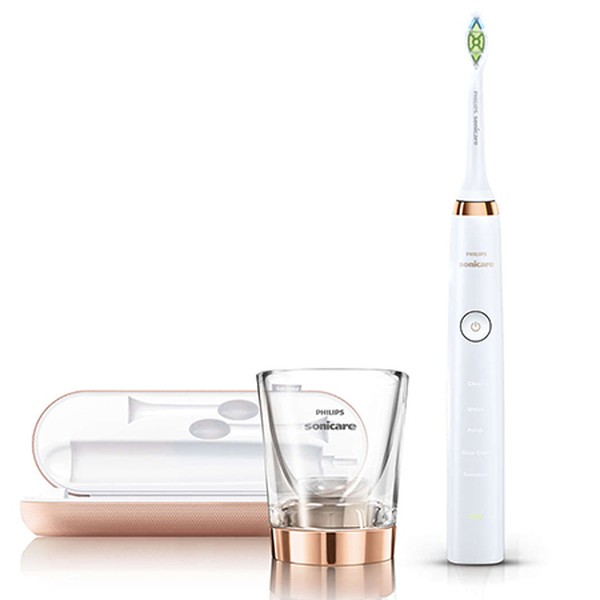
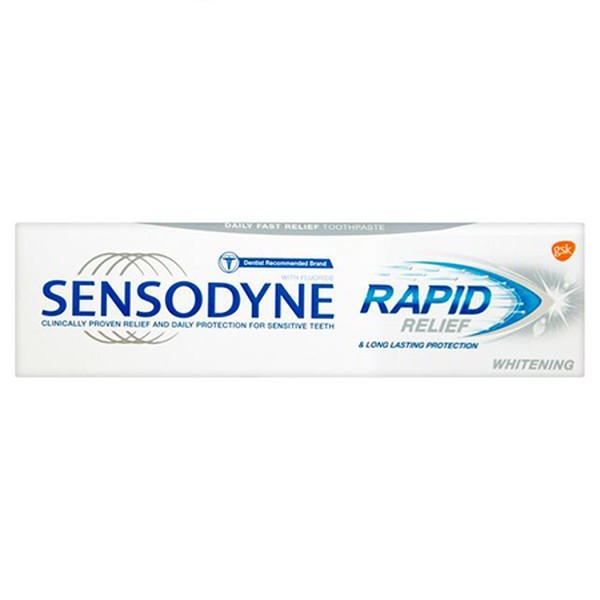
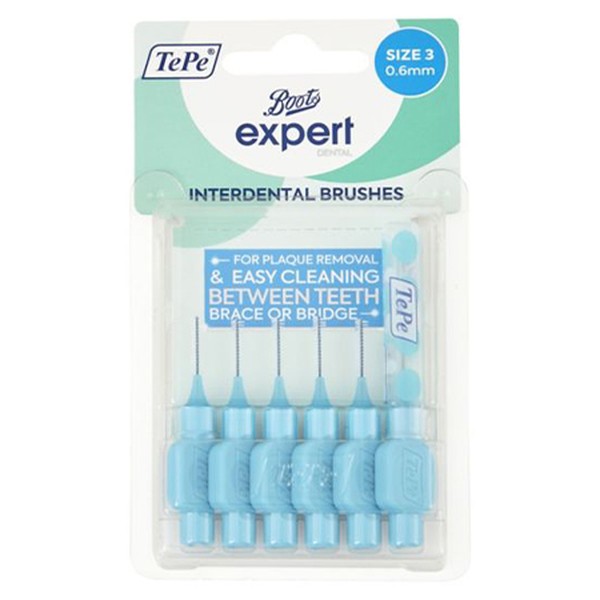
*Features published by SheerLuxe are not intended to treat, diagnose, cure or prevent any disease. Always seek the advice of your GP or another qualified healthcare provider for any questions you have regarding a medical condition, and before undertaking any diet, exercise or other health-related programmes.
DISCLAIMER: We endeavour to always credit the correct original source of every image we use. If you think a credit may be incorrect, please contact us at info@sheerluxe.com.
